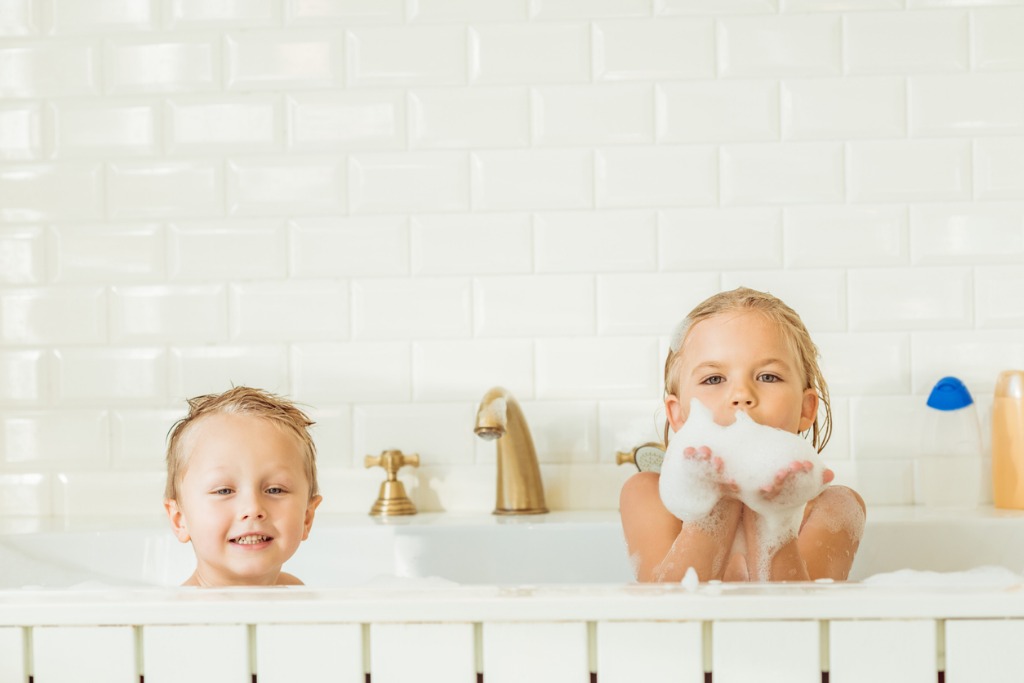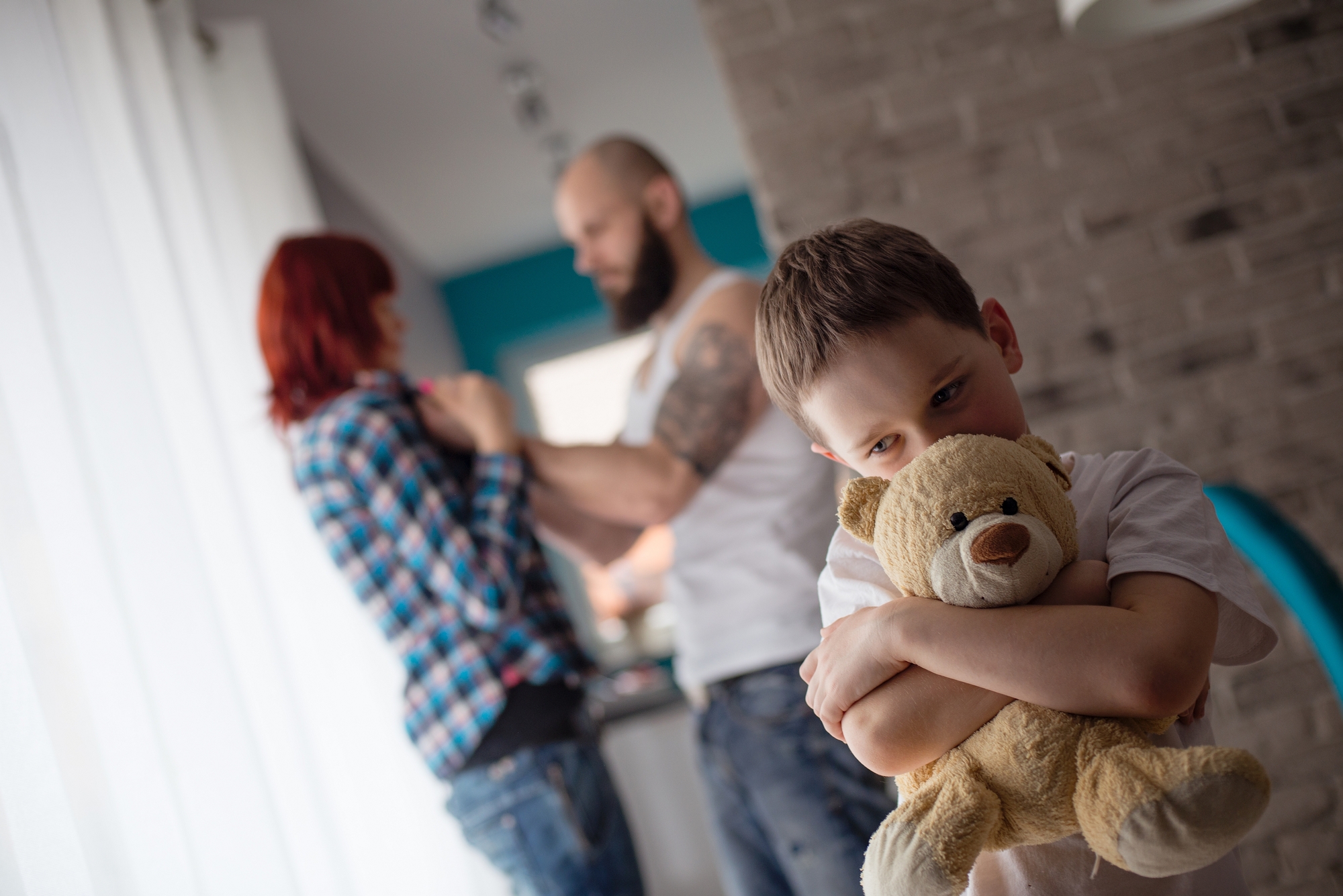As a Child Protection Advocate and Presenter, I speak to a lot of parents about protective behaviours. When it comes to the Q&A sessions, many parents want to know how to balance empowering and educating their children against the realities of everyday life. This month I share my answers to some of these commonly asked questions:
Is there a specific age I should stop my kids bathing together?
Whilst body safety messages are essential, we also want to promote innocent and natural behaviours that are part of a healthy family life. Supervised bath time can be a very special bonding time for siblings, as well as a whole lot of fun! I don’t normally give a specific age, as generally the separation happens naturally, with children requesting the privacy themselves, as they become more self-conscious about their bodies or if they begin to develop. Supervision though is always key – if siblings begin to act inappropriately, then use the opportunity to discuss boundaries and if the behaviour continues then it’s time to separate.
At swimming lessons parents usually undress their children in public view – is this ok?
Once you begin educating your children about body safety, it is very confusing for them if you do not reinforce the messages. So, while it may be common practice for parents to undress and change their young children in public view, this is not something I recommend. Instead I suggest that you either take them into a private changing cubicle to change, or dry them off, pop them in a towelling robe or dressing gown and take them home to change. If both these options seem too hard, then try wrapping their towel or robe around their body, whilst you change them as discreetly as possible. Use this time to remind your child that you are doing this to help keep their body private.
Should I make my children kiss their relatives when they don’t want to?
Again, reinforcing body safety messages is key to empowering your children so the answer is definitely no. If we are telling our children that they are the boss of their bodies, then it’s important that we support their decisions. (This often becomes an issue around 2 to 3 years of age, when they realise the power they wield by withholding a kiss from Nanna or Pop!!) I recommend explaining to your relatives why you are not going to insist your children kiss or hug them and ask them to respect your decision. Alternatively, you might like to suggest a high-five or a handshake as a less intimate way for your children to respond.
Our family is comfortable walking around naked at home – is this acceptable?
Every family is different and your cultural background often influences what is considered normal for your household. My advice is to be as specific as possible when talking to your children. Clarify with your child that walking around naked is acceptable for your family only at home and not at other people’s homes and ensure you teach them about inappropriate touch and protective behaviours.
Why does Only For Me say ‘NO ONE can touch or look at their private parts’?
When it came to writing Only For Me I made a deliberate decision to use the term ‘no one’ as it keeps the message simple for young children. I also chose to use this term as individual situations can be quite different. As the primary educators, parents and carers should be the ones to clarify exceptions that are appropriate to their child. For instance you might say to a young child at day care ‘it is ok for the teacher to use toilet paper to wipe your bottom if you do a poo’. Or perhaps, you have grandparents helping to care for your child you might say ‘It is ok for Nan to help to dry you with the towel when you have a bath’. If your child needs to be examined by a doctor, then reassure them that ‘it is ok for the doctor to have a look today because Mum will be standing next to you’. With every exception, be as specific as possible, avoid using ambiguous terms like ‘safe grownup’ and keep in mind that these exceptions will change over time as your child matures.
If you’ve got a question about body safety conversations feel free to comment below, or email contact@onlyforme.com.au. For further information about having protective behaviour conversations with your children go to www.onlyforme.com.au
You may also like to read:
When something just doesn’t feel right!





